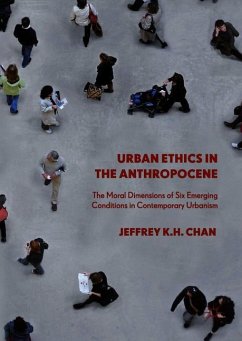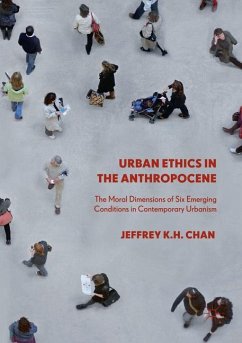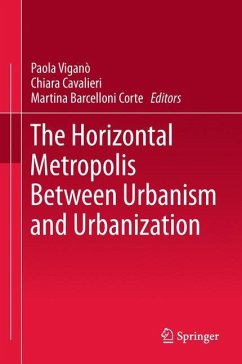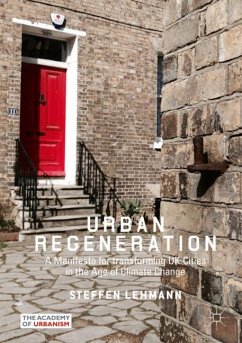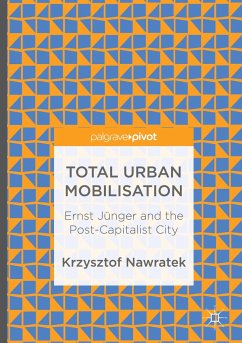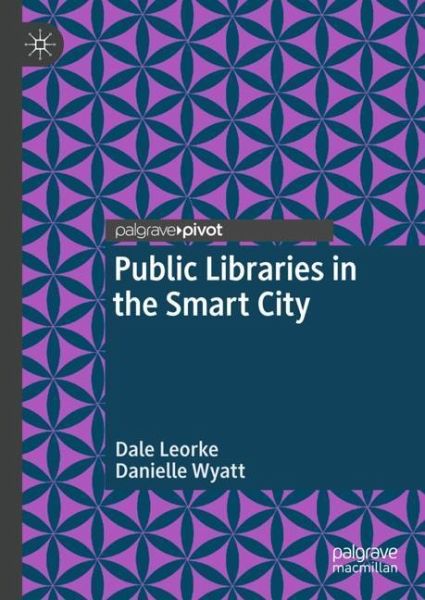
Public Libraries in the Smart City

PAYBACK Punkte
23 °P sammeln!
Far from heralding their demise, digital technologies have lead to a dramatic transformation of the public library. Around the world, libraries have reinvented themselves as networked hubs, community centres, innovation labs, and makerspaces. Coupling striking architectural design with attention to ambience and comfort, libraries have signaled their desire to be seen as both engines of innovation and creative production, and hearts of community life. This book argues that the library's transformation is deeply connected to a broader project of urban redevelopment and the transition to a knowle...
Far from heralding their demise, digital technologies have lead to a dramatic transformation of the public library. Around the world, libraries have reinvented themselves as networked hubs, community centres, innovation labs, and makerspaces. Coupling striking architectural design with attention to ambience and comfort, libraries have signaled their desire to be seen as both engines of innovation and creative production, and hearts of community life.
This book argues that the library's transformation is deeply connected to a broader project of urban redevelopment and the transition to a knowledge economy. In particular, libraries have become entangled in visions of the smart city, where densely networked, ubiquitous connectivity promises urban prosperity built on efficiency, innovation, and new avenues for civic participation.
Drawing on theoretical analysis and interviews with library professionals, policymakers,and users, this book examines the inevitable tensions emerging when a public institution dedicated to universal access to knowledge and a shared public culture intersects with the technology-driven, entrepreneurialist ideals of the smart city.
This book argues that the library's transformation is deeply connected to a broader project of urban redevelopment and the transition to a knowledge economy. In particular, libraries have become entangled in visions of the smart city, where densely networked, ubiquitous connectivity promises urban prosperity built on efficiency, innovation, and new avenues for civic participation.
Drawing on theoretical analysis and interviews with library professionals, policymakers,and users, this book examines the inevitable tensions emerging when a public institution dedicated to universal access to knowledge and a shared public culture intersects with the technology-driven, entrepreneurialist ideals of the smart city.







